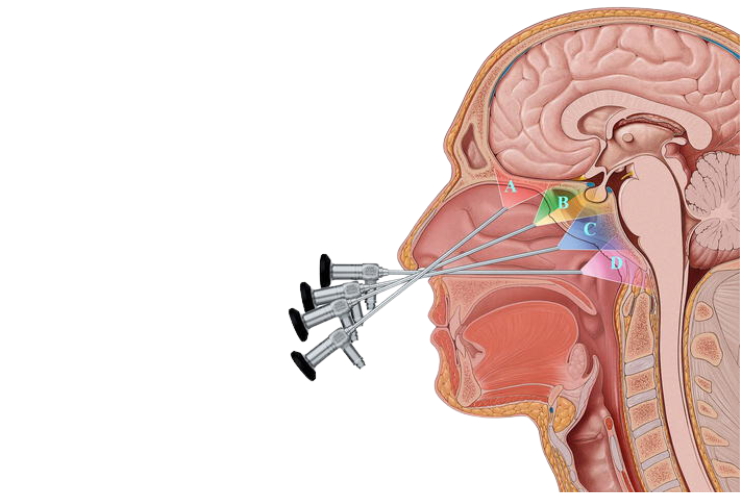Brain and Nerve Surgery
Neurosurgery, in other words, is a branch of science that deals with the diagnosis and treatment of diseases such as brain and nerve diseases, tumors originating from or pressing on brain and spinal cord tissue, as well as head and spinal cord injuries, cerebral vascular occlusions and cerebral hemorrhages, and aneurysms, or ballooning, that form in the vessels that feed the brain and spinal cord.
It is the department that intervenes with surgical methods in diseases that affect many vital functions such as stenosis in the neck vessels, diseases that develop during the formation of the nervous system in newborns, epilepsy that does not respond to drug treatment, and selected Parkinson’s cases. The dictionary meaning of neurosurgery, derived from the words neuron and surgery, is “healing nervous system wounds”.

In the brain and nerve diseases clinic, diseases seen in both adult and pediatric patient groups are diagnosed and treated. Physicians who work in the branch of science where many high-tech devices are used during surgical and microsurgical procedures receive 6 years of medical school education followed by 5 or 6 years of specialist training. Physicians who are experts in the field of neurosurgery, where the necessary diagnostic and treatment methods are applied by working together with the neurology, neuroradiology and neuroanesthesia departments, are called neurosurgeons or brain surgeons.